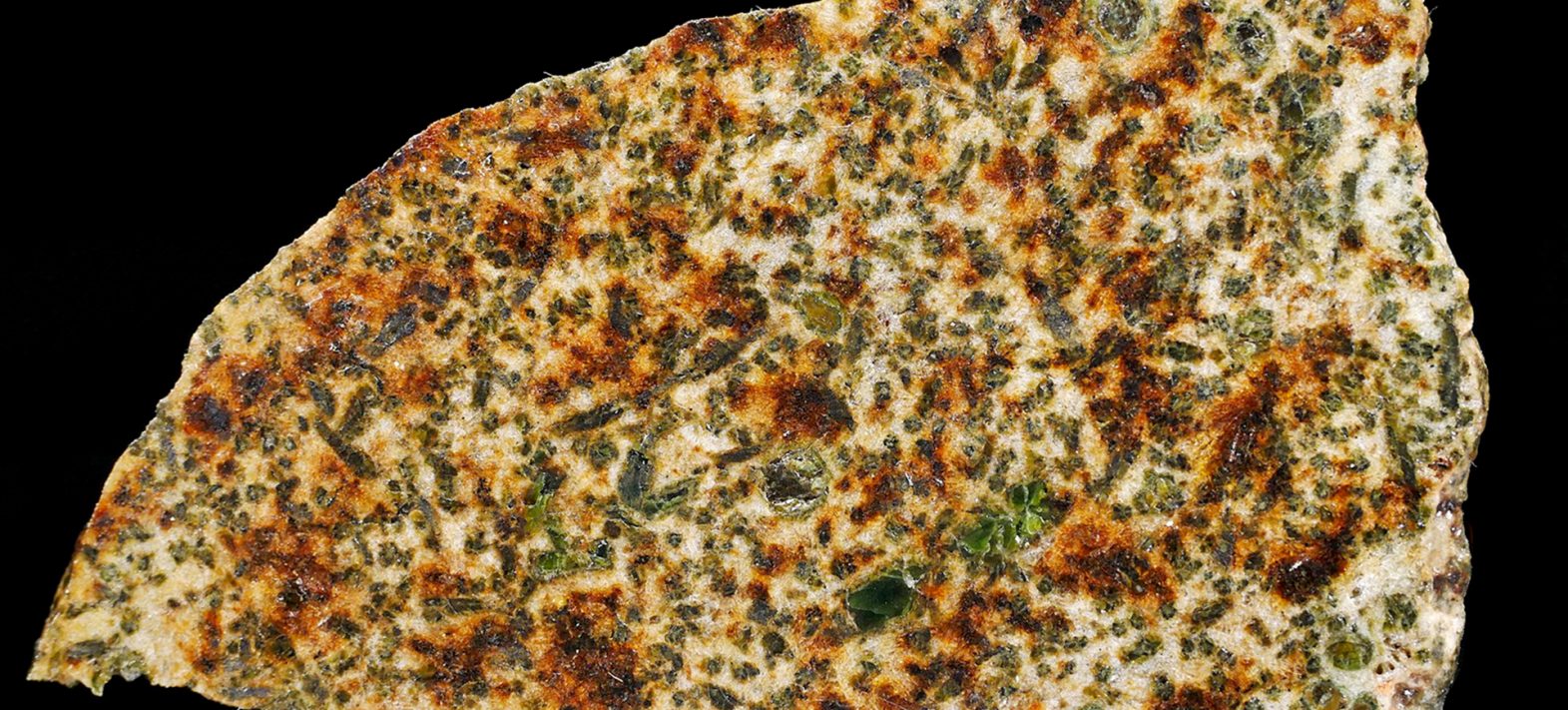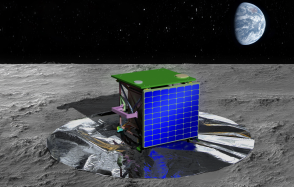The study of a meteorite provides insights into the early stages of solar system formation
A study led by researchers at the Institut de Physique du Globe de Paris (IPGP), published in the journal Science Advances on January 8, 2025, reveals a breakthrough in our understanding of the early stages in the formation of the solar system. By studying the oldest known differentiated meteorite, Erg Chech 002 (EC 002), they have established a new reference for the initial abundance of the radioactive isotope 60Fe, while revealing the precocity of asteroid metal core formation processes.

sample of meteorite Erg Chech 002
Publication date: 09/01/2025
General public, Press, Research
Related teams :
Cosmochemistry, Astrophysics and Experimental Geophysics (CAGE)
Related themes : Origins









